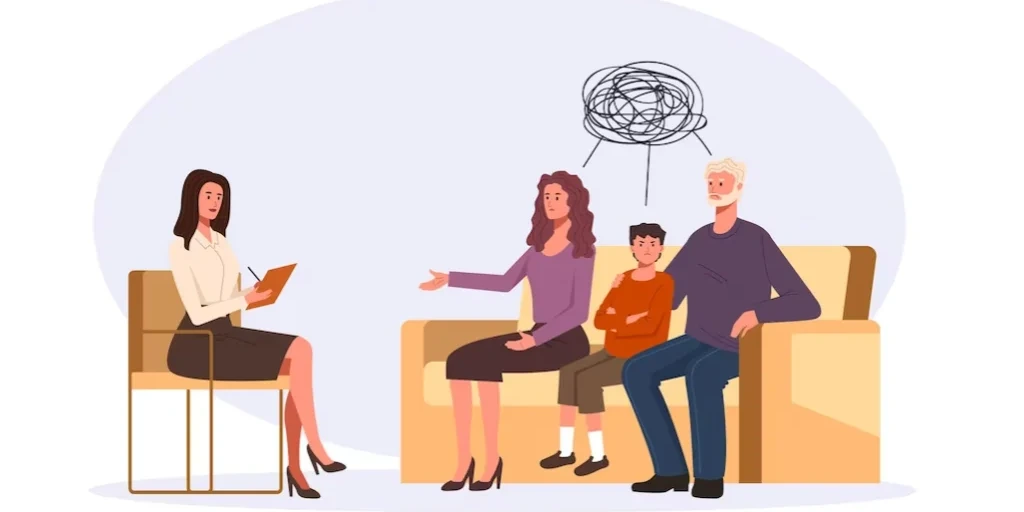24/7 Helpline:
(866) 899-221924/7 Helpline:
(866) 899-2219
Learn more about Depression Treatment centers in Galloway
Depression Treatment in Other Cities

Other Insurance Options

BlueCross

Group Health Incorporated

Sliding scale payment assistance

PHCS Network

Medical Mutual of Ohio

Magellan Health

UnitedHealth Group

Excellus

BHS | Behavioral Health Systems

Absolute Total Care

Access to Recovery (ATR) Voucher

Providence

Health Net

Regence

Premera

Private insurance

Health Partners

Optima

Self-pay options

WellPoint

Boca Recovery Center – Galloway
Boca Recovery Center – Galloway is a drug and alcohol rehab in Galloway, NJ. They provide inpatient ...

ATSI – Addiction Treatment Services International
Addiction Treatment Services International (ATSI) is a drug treatment center in New Jersey that beli...


























Thomas E Hand and Professional Association – Intoxicated Drivers Counseling
Thomas E Hand and Professional Association – Intoxicated Drivers Counseling is a private rehab locat...

Atlanticare Behavioral Health – Providence House
Atlanticare Behavioral Health – Providence House focuses on providing individuals with treatment for...





